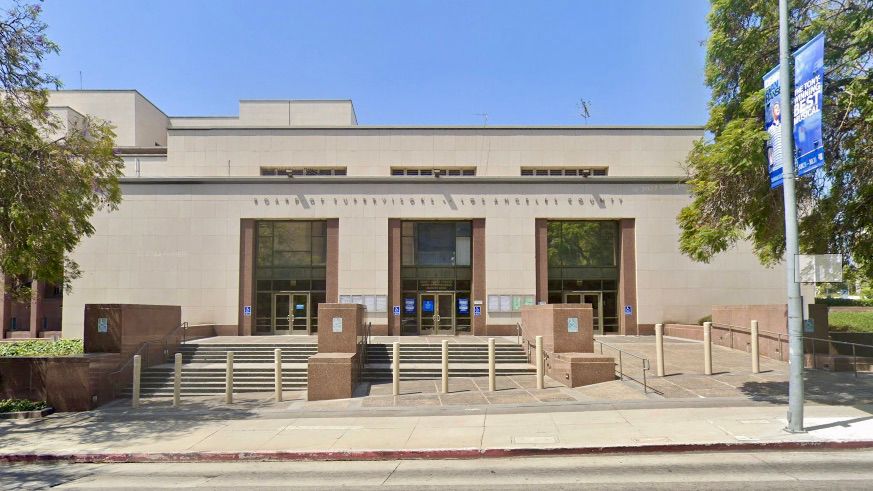LOS ANGELES — The Los Angeles County Board of Supervisors adopted final changes to the county's recommended 2024-25 budget Monday, increasing the total spending plan to $45.6 billion, ahead of the start of the new fiscal year July 1.
County CEO Fesia Davenport presented her recommended budget updates to the board Tuesday, adding $251 million to the previous $45.4 billion spending proposal, and updated the total number of new positions to 1,247. But no changes were proposed to the property tax revenue forecast.
Davenport said the priority remains on expanding the county's "Care First, Jails Last" initiative, as well as housing and homelessness, mental health services, public safety, among others.
Additional commitments included funding to protect against growing cybersecurity threats, additional security at juvenile halls, federal funding for refugee assistance and $19.8 million to support voting solutions.
Davenport said $9 million was assigned to substance abuse prevention and treatment at interim housing sites, along with an allocation of $66.9 million in Mental Health Services Act funding for care services.
She also said 30 new positions in the Environment Health positions will support operations including mobile housing and mobile and micro-kitchen inspections.
"This is our shortest budget phase reflecting relatively modest increase in funding and staffing," Davenport said, noting the challenges to the budget, which include deficits in the departments of Children and Family Services, Fire and Health Services, and expiration of American Rescue Plan funding in 2026, among others.
She also reiterated the potential liability and settlements from Child Victims Act claims under AB 218, which extended the statute of limitations for filing such damages claims.
Supervisors Hilda Solis, Kathryn Barger and Holly Mitchell touched on the importance of funding affordable housing, food assistance and public infrastructure initiatives, including improvements to youth centers and adult care services.
Supervisors board chair Lindsey Horvath said she was "glad" the budget invested in several initiatives to address climate change and sustainability issues, including adding three positions in the Chief Sustainability Office, Regional Planning and Internal Services Department.
"This budget includes a number of additions to begin to implement a climate budget and other resiliency measures to protect our county's residents," Horvath said.
Referencing a deal reached over the weekend in Sacramento on closing a state budget deficit, Solis said she was "concerned to see what the final budget will look like," amid cuts to affordable housing, health care workforce development programs, climate programs and the rejection of Cal Grant expansion.
"We are continuing to take a conservative approach with limited proposed new spending in the face of large state deficit," Davenport said of the state budget deal. "We will continue to monitor developments in Sacramento and will integrate any state budget impacts into the county's final budget phase in October."
A final budget adoption is scheduled for Oct. 8, including additional adjustments including impacts from the state budget.



